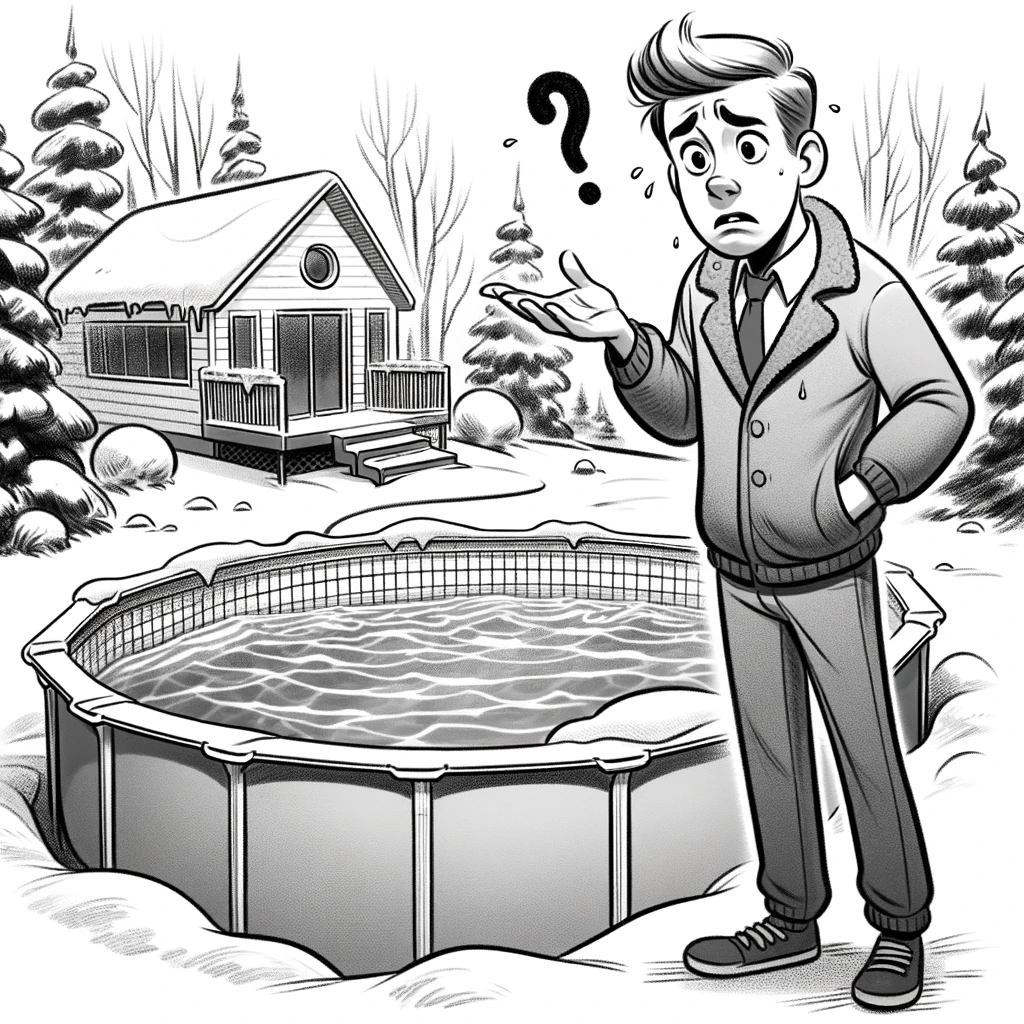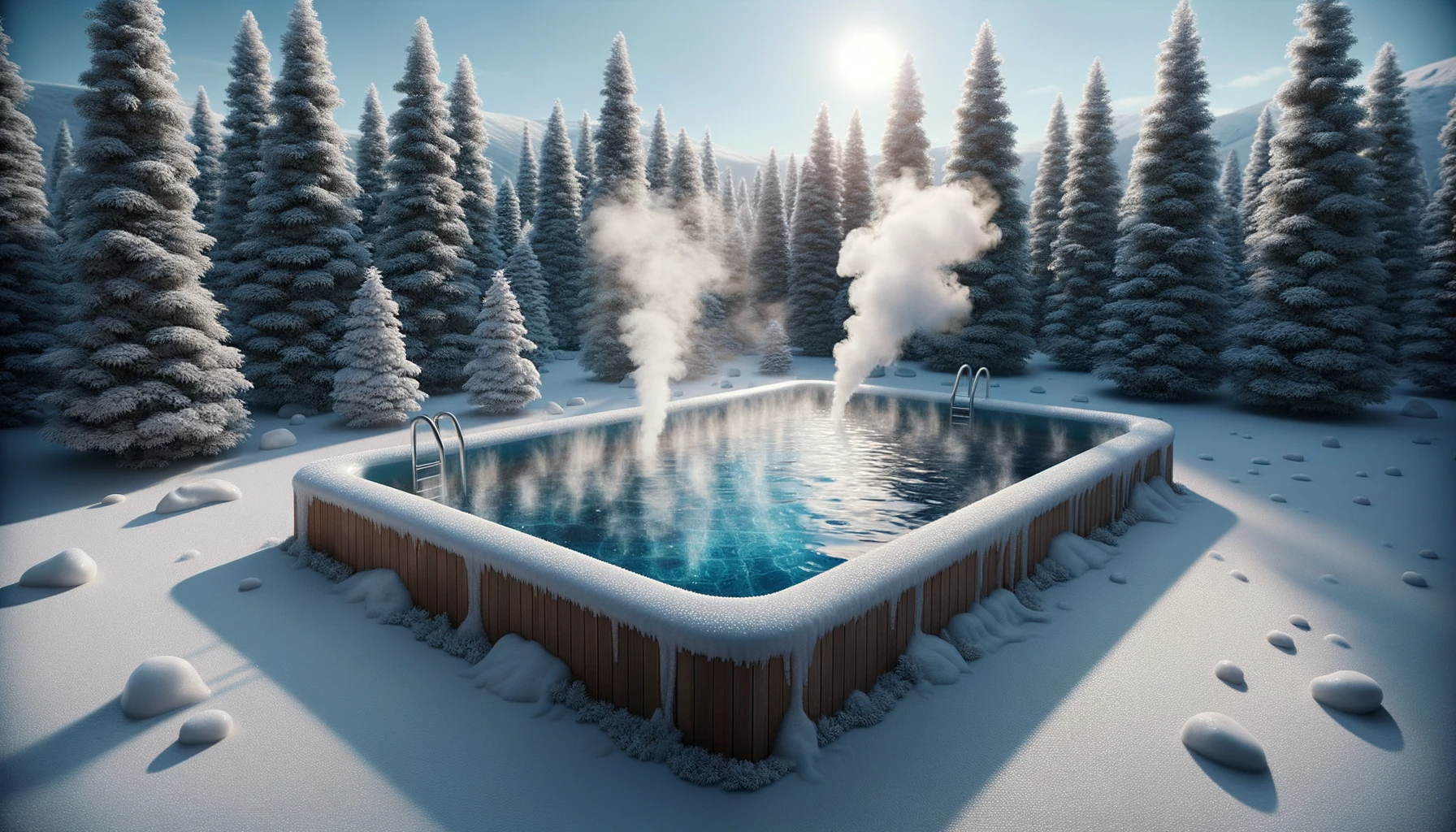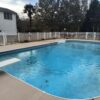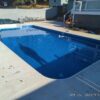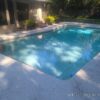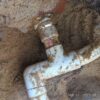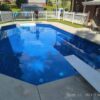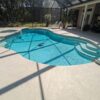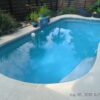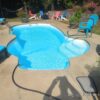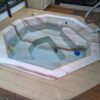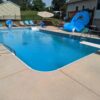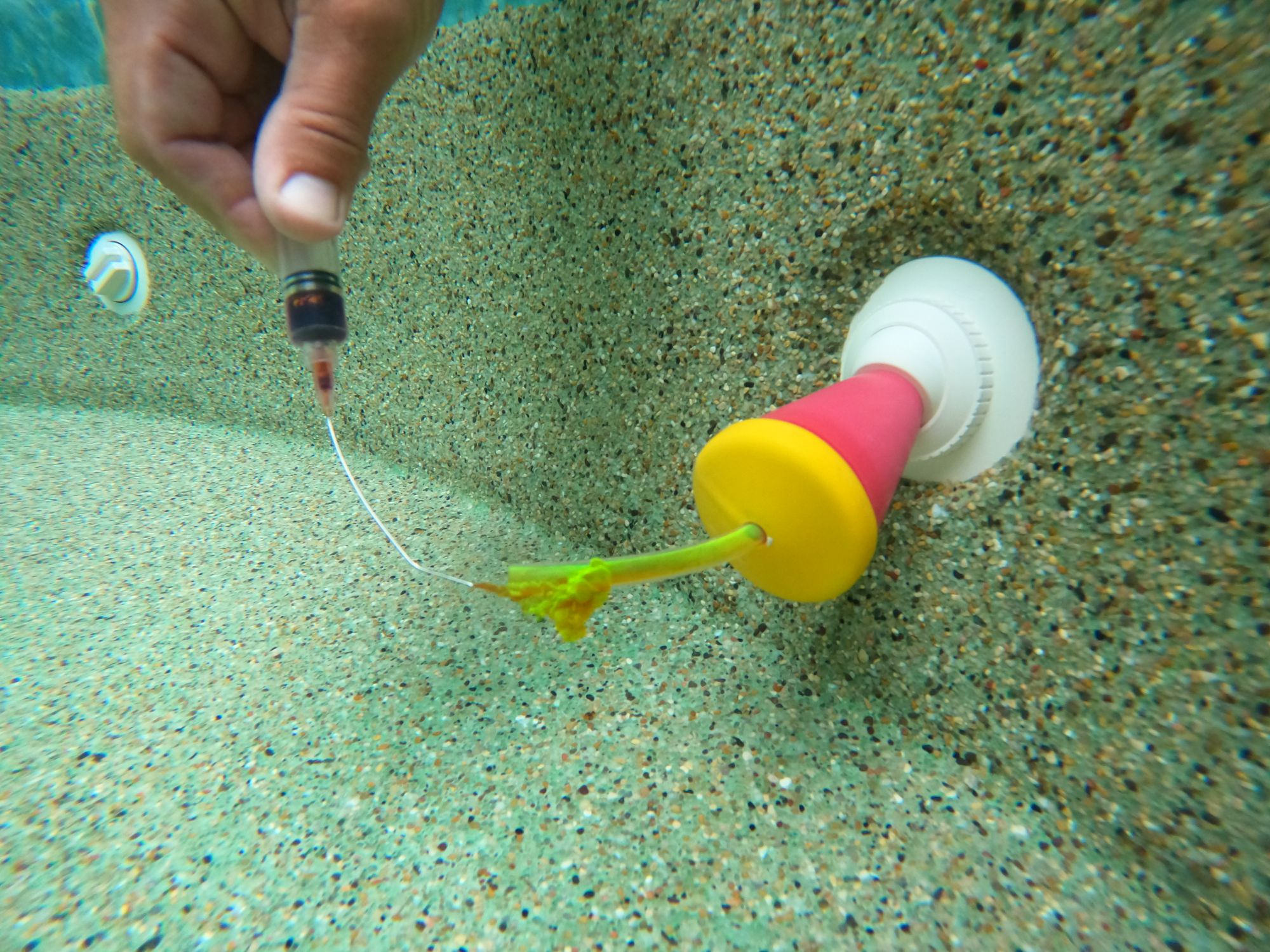Table of Contents:
- Introduction to Swimming Pool Water Challenges in Winter
- The Winter Conundrum: Evaporation vs. Leaks
- Understanding the Issue: It’s Not Just You!
- Navigating Through This Guide
- Diving into the Science of Swimming Pool Water Evaporation
- Evaporation Explained: The Disappearing Act
- Why Cooler Weather Accelerates Evaporation
- The Bottom Line: It’s Natural!
- Deciphering the Clues: Is It Evaporation or a Swimming Pool Leak?
- Common Signs and the Art of Detection
- The Usual Suspects: Signs of Evaporation
- The Warning Bells: Symptoms of a Leak
- Enter the Bucket Test: A Sneak Peek
- Staying Alert: The Importance of Vigilance
- Taking Charge: How to Combat Evaporation and Detect Leaks
- Mastering the Bucket Test: Your DIY Detective Tool
- Proactive Measures: Fighting Back Against Evaporation
- Detecting and Addressing Leaks: Don’t Let It Slide
- Conclusion: Your Pool, Your Sanctuary
Engage with this comprehensive guide to safeguard your swimming pool against the harshness of winter, distinguish between natural evaporation and concerning leaks, and adopt practical steps for maintaining your pool’s sanctity. Dive in now to become a winter pool champion!
Introduction to Swimming Pool Water Challenges in Winter
The Winter Conundrum: Evaporation vs. Leaks
As the cold season approaches, many pool owners scratch their heads as they witness the water levels in their swimming pools noticeably decrease. This common phenomenon often raises the alarm, prompting concerns about potential swimming pool leaks. However, there’s another stealthy player at work here: swimming pool water evaporation.
Understanding the Issue: It’s Not Just You!
It’s a widespread scenario; as temperatures drop, pool enthusiasts observe their water levels going on a downward trend. Contrary to immediate suspicions, this doesn’t necessarily signal a swimming pool leak. In fact, it’s often a natural process accentuated during the colder months.
Navigating Through This Guide
In this comprehensive guide, we delve into the intricacies of swimming pool water evaporation during winter and how it differs from the concerns of a leak. From unmasking the science behind evaporation to distinguishing it from a genuine swimming pool leak, we’re here to set the record straight. So, let’s dive in and unravel these cold-weather mysteries!
Diving into the Science of Swimming Pool Water Evaporation
Evaporation Explained: The Disappearing Act
Let’s tackle the big question: Why does water from your swimming pool seem to play a vanishing act when the weather cools down? It all boils down to something we all learned in school but might not remember (no judgment!): evaporation. But what’s evaporation got to do with your pool? Well, it turns out, a lot!
Why Cooler Weather Accelerates Evaporation
You’d think that as the temperature drops, evaporation would slow down, right? Interestingly enough, it’s the opposite! “Swimming pool water evaporation” actually increases during the cooler months. Bizarre, but true. Here’s why:
- Dry Air: Winter often brings lower humidity, meaning the air is drier and thirsty for moisture. Dry air practically drinks up the water from your pool!
- Temperature Contrast: The bigger the difference between the pool water temperature and the air temperature, the faster evaporation happens. So, if you’re heating your pool while the air is chilly, expect evaporation to be in overdrive.
- Wind Speed: Ever noticed how wind can feel colder when it’s already cool? That’s because it’s whisking away moisture from your skin — and it does the same to your pool. Wind moving over the surface speeds up evaporation, making water disappear faster than a magician’s trick.
The Bottom Line: It’s Natural!
So, when you notice your pool’s water level dropping during the cold months, don’t panic! Before you start searching frantically for “swimming pool leak” solutions, remember that what you’re witnessing is a natural process. It’s science doing its thing, not necessarily a sign of a leak.
Deciphering the Clues: Is It Evaporation or a Swimming Pool Leak?
Common Signs and the Art of Detection
Alright, now that we’re all clued up on why our pools lose more water in the winter, let’s talk about how you can tell if it’s just the usual evaporation suspect or if you’re dealing with a more nefarious character: a swimming pool leak.
The Usual Suspects: Signs of Evaporation
Evaporation is a crafty one; it happens slowly and takes its time. It’s consistent, meaning you’ll likely notice a small but steady decrease in water level over time, more so on those dry, windy days we talked about. And remember, evaporation is even more enthusiastic when there’s a significant temperature difference between the pool water and the air.
The Warning Bells: Symptoms of a Leak
On the other hand, a swimming pool leak doesn’t play by these rules. It’s the bad boy of water loss:
- Rapid Reduction: You might see a dramatic drop in water level in a short time.
- Wet Spots: Find any soggy or mushy spots around the pool? Could be a leak waving at you.
- Cracks or Gaps: These are like VIP passes for water to slip out of your pool.
- Skyrocketing Bills: An unexpected increase in your water bill? Your pool might be secretly guzzling more water to compensate for a leak.
Enter the Bucket Test: A Sneak Peek
Now, you’re probably wondering, “Is there a simple way to crack this case wide open?” Absolutely, and it’s called the Bucket Test. This genius method can help you determine whether you’re dealing with evaporation or a potential swimming pool leak. It’s easy, quick, and you don’t need to be a detective to figure it out! Intrigued? You should be! We have a whole segment dedicated to mastering the Bucket Test. Get ready to play detective with your pool!
Staying Alert: The Importance of Vigilance
Understanding the distinction between evaporation and a leak is crucial. While evaporation is a natural, albeit sometimes annoying occurrence, a leak can be a serious issue, demanding swift action. Staying observant and knowing what to look for can save you stress and prevent potential damage. Remember, the sooner you identify a problem, the easier (and likely cheaper) it is to fix.
Taking Charge: How to Combat Evaporation and Detect Leaks
Mastering the Bucket Test: Your DIY Detective Tool
Ready to play sleuth with your swimming pool? The Bucket Test is your go-to DIY tool for determining whether you’re losing water due to evaporation or a pesky leak. Here’s how you can conduct this simple yet effective test:
- Fill a bucket with pool water about three-quarters of the way and mark the water level inside.
- Place the bucket on the first or second step of your pool, ensuring it’s submerged in the water, but the rim is above the water level.
- Mark the water level on the outside of the bucket.
- Wait 24 hours, then compare the inside and outside water levels. If they’ve both decreased but remain equal, you’re looking at evaporation. However, if the pool water level has decreased more than inside the bucket, you might have a leak on your hands. Simple, right? The Bucket Test is a brilliant way to put your mind at ease or catch a leak red-handed before it becomes a bigger issue.
Proactive Measures: Fighting Back Against Evaporation
While we can’t stop evaporation entirely (it’s one of Mother Nature’s non-negotiables), we can certainly put up a good fight. Here are some proactive steps you can take to reduce evaporation from your pool:
- Use a Pool Cover: It’s the superhero cape for your pool. A cover drastically reduces evaporation by providing a physical barrier between the pool water and the air.
- Regulate Water Temperature: The warmer your pool, the more it’s prone to evaporation. Try to keep the temperature moderate, especially in cooler weather.
- Strategic Landscaping: Trees, shrubs, and fencing can serve as windbreakers, reducing the wind’s speed over the pool surface and thus decreasing evaporation.
- Regular Maintenance: Keeping your pool clean and ensuring the filtration system is working efficiently can also help in maintaining water levels.
Detecting and Addressing Leaks: Don’t Let It Slide
If the Bucket Test or other signs point towards a leak, it’s time to switch gears. Here’s how to tackle a suspected leak:
- Confirm It: Sometimes, it’s best to call in the pros. A professional pool technician can confirm a leak and identify its source using specialized equipment.
- Repair It: Depending on the leak’s location, you might need patching, sealant, or more extensive repairs. Again, a professional can advise on the best course of action.
- Prevent It: Regular pool maintenance and inspections can help catch vulnerabilities before they turn into leaks. Stay ahead of the game!
Conclusion: Your Pool, Your Sanctuary
Whether it’s the height of summer or the depths of winter, your swimming pool is your sanctuary. Understanding and managing water evaporation, and staying vigilant for potential leaks, keeps your pool in top shape year-round. By following this guide, you’re not just a pool owner; you’re a pool champion. Now go enjoy your oasis with confidence, no matter the season!






